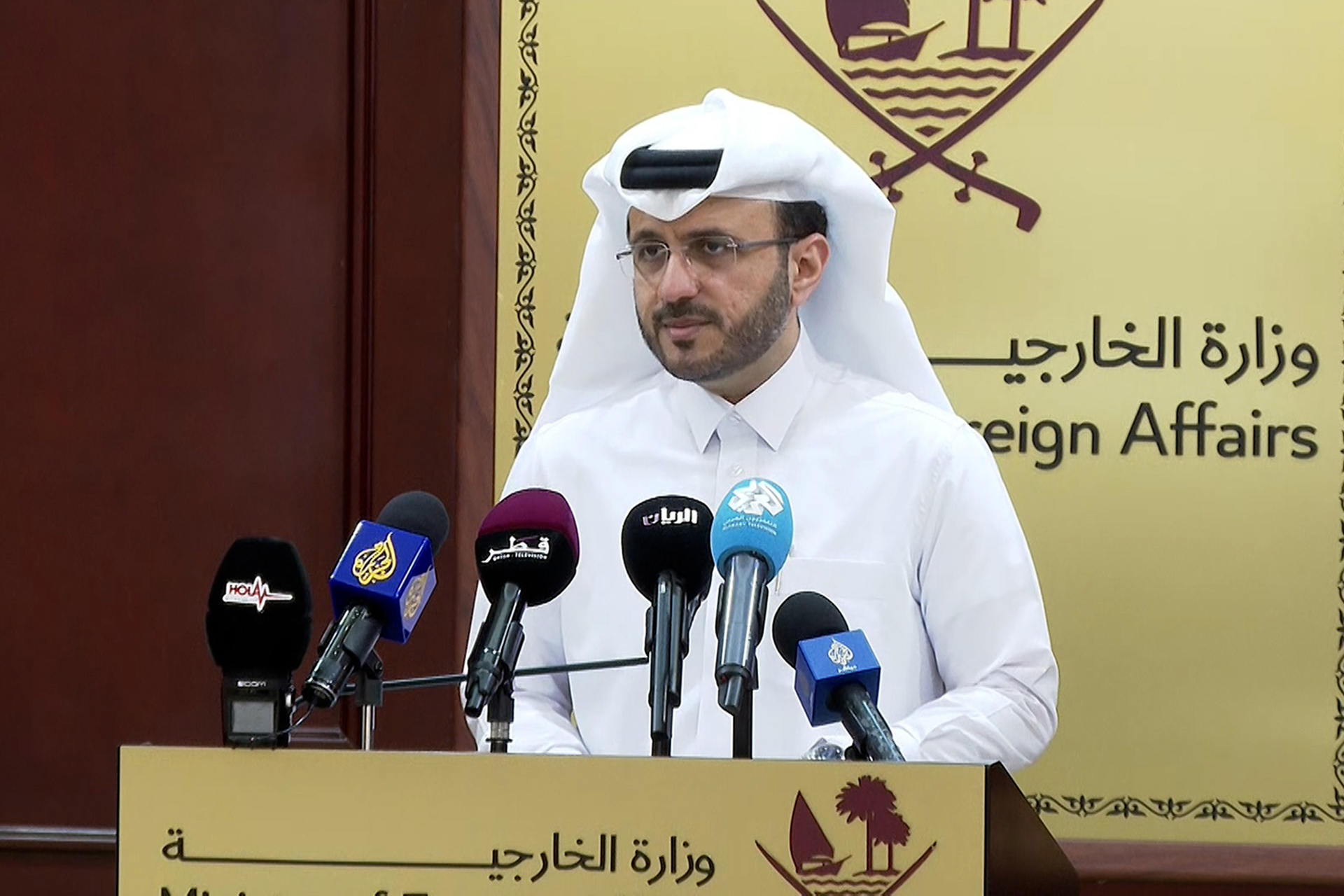Qatari Foreign Ministry spokesman Majid Al-Ansari announced that Qatar has received an Israeli proposal outlining the principles of a ceasefire agreement in the Gaza Strip, as mentioned by US President Joe Biden. While efforts are being made to finalize the agreement, conflicting statements from Israeli officials have cast doubt over whether a unified position exists within the Israeli government. Concurrently, Hamas has expressed tentative approval towards any proposal encompassing a permanent ceasefire, comprehensive withdrawal from Gaza, and other humanitarian conditions.
In an interview on ABC News, White House spokesman John Kirby expressed hope that Israel will support the plan if Hamas agrees to it. The proposed plan by President Biden consists of a three-phase approach: an initial six-week ceasefire with a prisoner exchange and increased humanitarian aid, followed by a further ceasefire and completion of hostages’ exchanges in the second phase and full Israeli withdrawal from Gaza in the third phase.
While Israeli Prime Minister Benjamin Netanyahu has not officially endorsed the plan, Israel's international policy advisor has signaled conditional acceptance, highlighting unresolved details. However, Defense Minister Yoav Gallant has voiced the government's refusal to allow Hamas to maintain control over Gaza at any point in the process. These dynamics reflect the ongoing complexities in reaching a consensus among the involved parties.
In addition to the US's direct involvement, Qatar, Egypt, and several international mediators have urged Hamas and Israel to finalize the ceasefire agreement. The humanitarian crisis continues to escalate, with ongoing Israeli bombings in the Palestinian territories, particularly in Rafah, exacerbating the already dire situation.
- The Qatari Foreign Ministry is closely monitoring the conflicting statements from Israeli officials which, as spokesman Majid Al-Ansari pointed out, do not inspire much confidence in a unified Israeli stance. Meanwhile, Hamas maintains that it is prepared to positively consider proposals that address key humanitarian issues, including reconstruction and relief efforts.
- In his speech, US President Joe Biden emphasized the necessity of this three-phase ceasefire to bring immediate relief to the Palestinian people while addressing Israel's security concerns. The first phase proposes 600 trucks of humanitarian aid per day, a significant increase aimed at alleviating the suffering of the civilian population.
- Foreign Minister Antonmio Tajani of Italy voiced strong support for the US-led mediation efforts, indicating international consensus on the necessity of the ceasefire for the well-being of both Israelis and Palestinians. Nonetheless, the situation remains volatile with nightly bombings continuing to claim lives and displace thousands of Palestinians.
- Witness accounts from Gaza describe intense conflict, with Israeli military activities ongoing in Rafah and other border areas. The international community continues to call for an immediate cessation of hostilities to avoid further civilian casualties and allow for humanitarian access.






